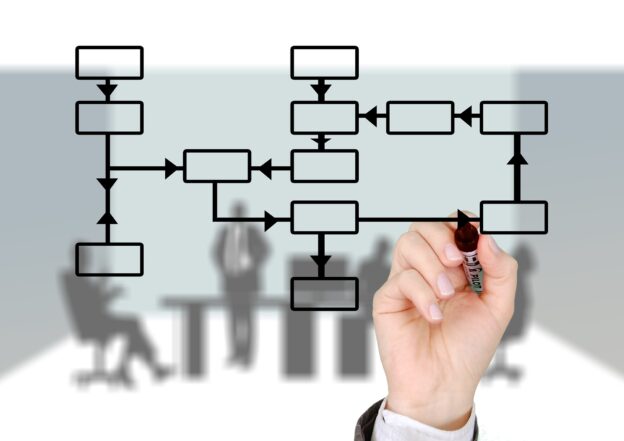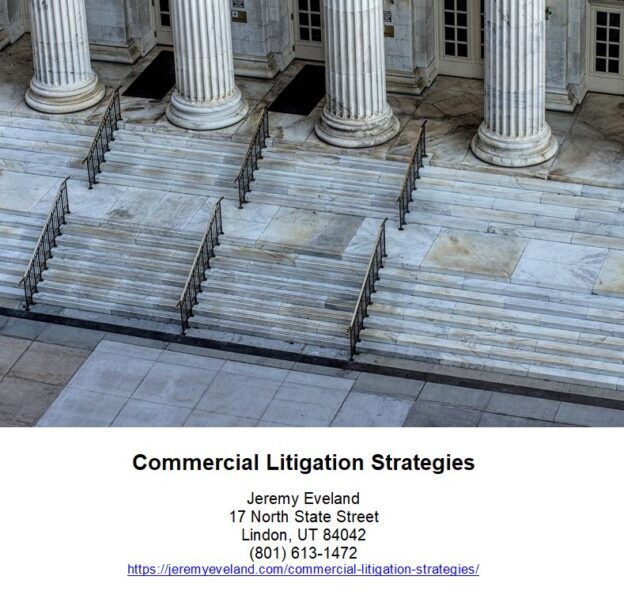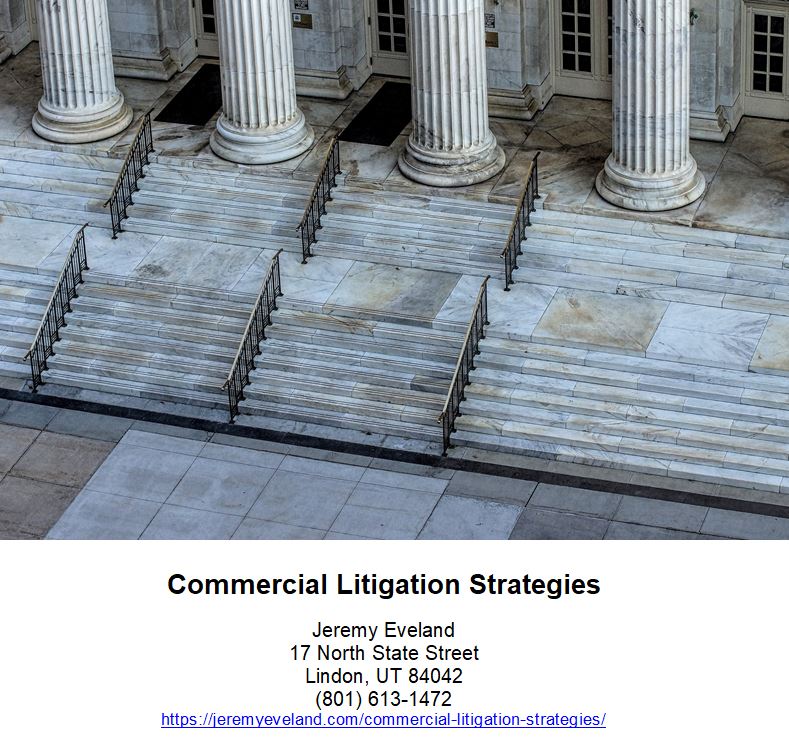-
Attorney at Law
“Mediation: A Path to Peaceful Resolution”
Introduction
Mediation is a process of dispute resolution that involves a neutral third party to help two or more parties reach an agreement. It is a voluntary process that is often used to resolve conflicts in a variety of contexts, including family, business, and legal disputes. Mediation is a cost-effective and efficient way to resolve disputes without the need for costly and time-consuming litigation. It is also a confidential process that allows parties to maintain control over the outcome of their dispute. Mediation can be used to resolve a wide range of disputes, from small neighborhood disputes to large-scale international conflicts.
The Benefits of Mediation for Resolving Conflict
Mediation is a process of resolving conflicts between two or more parties in a non-adversarial manner. It is a voluntary process in which a neutral third party, known as a mediator, facilitates communication between the parties and helps them reach a mutually acceptable agreement. Mediation is an effective way to resolve conflicts because it is less costly, less time-consuming, and less emotionally draining than litigation.
The primary benefit of mediation is that it allows the parties to maintain control over the outcome of the dispute. Unlike litigation, which is decided by a judge or jury, the parties in mediation are able to craft their own resolution. This allows them to tailor the agreement to their specific needs and interests, rather than having a one-size-fits-all solution imposed upon them.
Mediation is also less expensive than litigation. The cost of mediation is typically much lower than the cost of litigation, as it does not involve the same level of legal fees and court costs. Additionally, mediation can be completed in a much shorter time frame than litigation, which can take months or even years to resolve.
Mediation is also less emotionally draining than litigation. The process of mediation is designed to be collaborative and non-adversarial, which allows the parties to maintain a respectful relationship throughout the process. This can help to reduce the level of animosity between the parties and make it easier to reach a mutually acceptable agreement.
Finally, mediation is confidential. The process is conducted in private, and the mediator is bound by a strict code of confidentiality. This means that the parties can discuss sensitive issues without fear of their conversations being made public.
In summary, mediation is an effective way to resolve conflicts because it is less costly, less time-consuming, and less emotionally draining than litigation. It also allows the parties to maintain control over the outcome of the dispute and ensures that the process remains confidential. For these reasons, mediation is an excellent option for resolving conflicts.
How to Prepare for a Mediation Session
Mediation is a process of dispute resolution in which a neutral third party facilitates communication between two or more parties to help them reach a mutually acceptable agreement. Preparing for a mediation session is essential to ensure that the process is successful. Here are some tips to help you prepare for a mediation session:
1. Understand the Process: Before attending a mediation session, it is important to understand the process and the role of the mediator. Familiarize yourself with the rules and procedures of the mediation process and the mediator’s role in facilitating the discussion.
2. Gather Information: Gather all relevant information related to the dispute, such as documents, contracts, and other evidence. This will help you present your case in a clear and organized manner.
3. Identify Goals: Identify your goals for the mediation session and think about what you want to achieve. Consider what you are willing to compromise on and what you are not willing to negotiate.
4. Prepare Your Argument: Prepare your argument in advance and practice presenting it. Make sure to focus on the facts and avoid personal attacks.
5. Listen Carefully: During the mediation session, it is important to listen carefully to the other party’s point of view. This will help you understand their perspective and come up with a mutually acceptable solution.
By following these tips, you can ensure that you are well-prepared for a mediation session. This will help you reach a successful resolution to the dispute.
The Role of a Mediator in Conflict Resolution
Mediation is a process of conflict resolution that involves a neutral third party, known as a mediator, to help two or more parties reach an agreement. The mediator facilitates communication between the parties, helps them identify their interests, and assists them in finding a mutually acceptable solution. Mediation is a voluntary process, and the parties involved must agree to participate.
The role of the mediator is to help the parties reach a resolution that is satisfactory to all involved. The mediator does not make decisions or impose solutions on the parties. Instead, the mediator helps the parties explore their options and encourages them to come to an agreement that is acceptable to all.
The mediator helps the parties identify the issues in dispute and encourages them to communicate openly and honestly. The mediator also helps the parties understand each other’s perspectives and interests. The mediator may suggest possible solutions and help the parties brainstorm ideas. The mediator also helps the parties evaluate the potential outcomes of each option and assists them in reaching a mutually acceptable agreement.
The mediator also helps the parties manage their emotions and maintain a constructive dialogue. The mediator may also provide information about the legal implications of the dispute and help the parties understand their rights and obligations.
Mediation is a confidential process and the mediator is bound by professional ethics to maintain the confidentiality of the proceedings. The mediator is also impartial and does not take sides.
Mediation is an effective way to resolve conflicts and can help the parties reach a resolution that is satisfactory to all involved. The mediator plays an important role in helping the parties reach a resolution that is acceptable to all.
The Different Types of Mediation and When to Use Them
Mediation is a process of dispute resolution in which a neutral third party facilitates communication between two or more parties in order to reach a mutually acceptable agreement. Mediation is a voluntary process and is often used to resolve disputes in a wide variety of contexts, including family, business, and legal matters. There are several different types of mediation, each of which is suited to different types of disputes.
Facilitative Mediation is the most common type of mediation. In this type of mediation, the mediator helps the parties to identify and explore their interests, develop options, and reach a mutually acceptable agreement. The mediator does not make decisions or impose solutions, but rather helps the parties to come to their own agreement. This type of mediation is often used in family disputes, such as divorce or child custody cases.
Evaluative Mediation is a type of mediation in which the mediator provides an assessment of the strengths and weaknesses of each party’s case. The mediator may also provide an opinion on the likely outcome of the dispute if it were to go to court. This type of mediation is often used in business disputes, such as contract disputes or employment disputes.
Transformative Mediation is a type of mediation that focuses on the relationship between the parties rather than the dispute itself. The mediator helps the parties to identify and address underlying issues and to develop a better understanding of each other’s perspectives. This type of mediation is often used in disputes between neighbors or in disputes between family members.
Restorative Mediation is a type of mediation that focuses on repairing the relationship between the parties. The mediator helps the parties to identify the harm that has been done and to develop a plan for repairing the relationship. This type of mediation is often used in disputes between members of a community or in disputes between employers and employees.
The type of mediation that is best suited to a particular dispute will depend on the nature of the dispute and the goals of the parties. It is important to consult with a qualified mediator to determine which type of mediation is best suited to the dispute.
The Impact of Mediation on Mental Health and Well-Being
Mediation is a practice that has been used for centuries to help people find inner peace and balance. It is a form of self-care that can be used to reduce stress, improve mental health, and promote overall well-being. In recent years, the practice of meditation has become increasingly popular as a way to manage stress, anxiety, and depression.
Meditation is a practice that involves focusing on the present moment and allowing thoughts and feelings to pass without judgment. It can be done in a variety of ways, including guided meditation, mindfulness meditation, and yoga. Research has shown that regular meditation can reduce stress, improve concentration, and increase self-awareness. It can also help to reduce symptoms of depression and anxiety, as well as improve overall mental health.
Meditation can also help to improve physical health. Studies have found that regular meditation can reduce blood pressure, improve sleep, and reduce inflammation. It can also help to reduce chronic pain and improve overall physical health.
In addition to its physical and mental health benefits, meditation can also help to improve relationships. Studies have found that regular meditation can help to reduce conflict and improve communication between partners. It can also help to increase empathy and understanding, which can lead to more positive relationships.
Overall, meditation can be a powerful tool for improving mental health and well-being. It can help to reduce stress, improve concentration, and increase self-awareness. It can also help to reduce symptoms of depression and anxiety, as well as improve physical health. Finally, it can help to improve relationships and increase empathy and understanding. For these reasons, meditation can be an effective way to promote mental health and well-being.
Q&A
1. What is mediation?
Mediation is a form of alternative dispute resolution (ADR) in which a neutral third party facilitates communication between two or more parties to help them reach a mutually acceptable agreement.
2. What are the benefits of mediation?
The benefits of mediation include cost savings, faster resolution of disputes, increased privacy, and the ability to craft a creative solution that meets the needs of all parties.
3. What types of disputes can be mediated?
Mediation can be used to resolve a wide variety of disputes, including family law matters, business disputes, landlord-tenant disputes, and employment disputes.
4. What is the role of the mediator?
The mediator’s role is to facilitate communication between the parties, help them identify their interests, and explore potential solutions. The mediator does not make decisions or impose a settlement on the parties.
5. Is mediation confidential?
Yes, mediation is generally confidential. The mediator is prohibited from disclosing any information discussed during the mediation without the parties’ consent.
Mediation Consultation
When you need help with Mediation call Jeremy D. Eveland, MBA, JD (801) 613-1472 for a consultation.
Jeremy Eveland
17 North State Street
Lindon UT 84042
(801) 613-1472
Related Posts
Business Succession Lawyer Bountiful Utah
Concrete Pumping Business Lawyer



